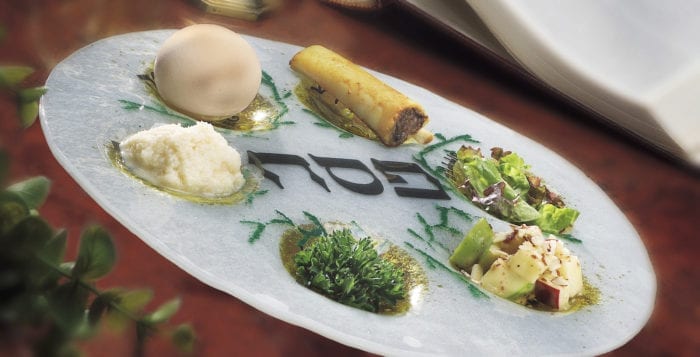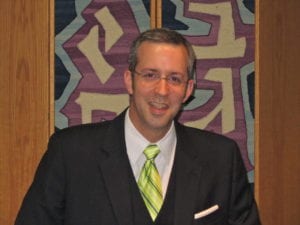Celebrating the holiday of Passover

By Rabbi Aaron Benson

Weeks of preparation will pay off in the homes of many Jews when they begin to celebrate the holiday of Passover, which begins the night of April 10 this year and lasts for eight days after that.
Passover is reportedly the most observed Jewish holiday for American Jews. This means that most Jews in the United States will attend a Seder meal (the festive meals held on the first two nights of Passover), refrain from eating leavened products (called chametz in Hebrew) and will eat matzah, the special unleavened flat bread associated with the holiday. All of these observances commemorate the Jews’ release from slavery in ancient Egypt. This theme, freedom from slavery in Egypt, shapes the Passover holiday and still has a lot to tell all of us today.
At the Seder meal, some Jews sing a song that contains the line, “once we were slaves and now we are free people.” Catchy as the tune may be, the message does not accurately convey the spirit of Passover in the Jewish tradition. For Jews, freedom from slavery in Egypt is not freedom to do anything and everything one wishes to do. It is, as our religious laws teach us, so that we may serve the values and principles of our tradition, so that we may take up the obligations of leading just and thoughtful lives without the excuse that anyone else’s will might constrain us from doing what is proper.
As said, this is a concept that has universal application today. How often do we confuse “freedom” with having no responsibilities, no cares, no obligations but satisfying ourselves? When we let this become our philosophy of life, we are not freeing ourselves; we are in fact enslaving ourselves to our appetites and our desires. This is not true freedom or anything close to it.
Passover teaches us that freedom is the freedom to take on responsibility, to stand up for what one believes in, to not leave it to others to tell us what is right and not to leave it to others to do what is right either, but to do it ourselves. Perhaps that is why so much work goes into preparing for Passover — to be truly free isn’t easy, in fact it is hard work, but the rewards, like those that come from having a house ready for the holiday, are well worth the effort.
Happy Passover and best wishes.
Rabbi Aaron Benson is the rabbi at North Shore Jewish Center in Port Jefferson Station.






